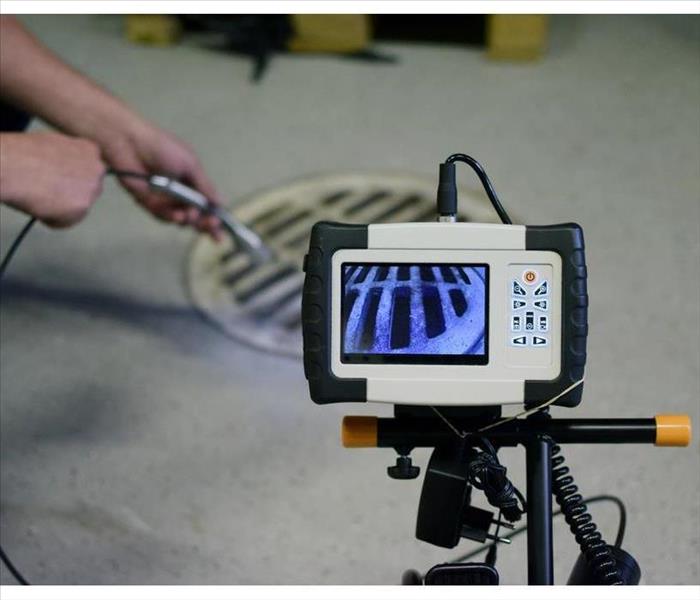3 Steps To Take After A Sewage Backup
6/18/2022 (Permalink)
 Plumbers will use a specialized camera that they place into the pipes and can locate the problem in the area.
Plumbers will use a specialized camera that they place into the pipes and can locate the problem in the area.
Three Steps To Take After A Sewage Backup
Whether you have a clogged main sewage pipe or your sewer system gets overwhelmed after a severe storm with significant floods, you could face a sewage backup. When that happens to your Monticello, LA, home, you need to know what to do to keep your family safe. Here are three steps to take after a sewage backup.
1. Call a Plumber To Determine Why the Sewer Backup is Happening
When you find a sewage backup in your home, you first want to call a plumber to determine why the sewer system has backed up. The plumber will use a specialized camera that they place into the pipes and can use to locate problem areas. If you have a clog, they will clear the clog at that time. If your system was overwhelmed by heavy rainwaters, you'll need your system pumped to prevent further problems.
2. Determine if the Area is Safe to Go Into
When dealing with a sewer backup, it's essential to evaluate the situation before you attempt to start cleaning up. If your problem is limited to a simple bathtub backup, you'll be fine to handle things yourself. Ensure that you use protective equipment and a bleach-water solution to clean and sanitize your bathtub. However, if the sewage spill is more widespread, always err on the side of caution and contact a water damage restoration company to clean up for you. The longer the sewage sits, the more widespread the damage will be, so contact a company as soon as possible.
3. Stop it From Happening Again
Regular maintenance of your system is vital to help prevent a sewer backup. Have a plumber scope your pipes and remove any buildups or clogs every year. If you have a septic system, ensure that you keep your gutters clean of debris to avoid flooding your drain field, which could cause your septic system to get overwhelmed.
Dealing with a sewage backup can be a stressful situation. However, following a few simple steps and relying on the pros will help you get your house back to normal in no time.




 24/7 Emergency Service
24/7 Emergency Service